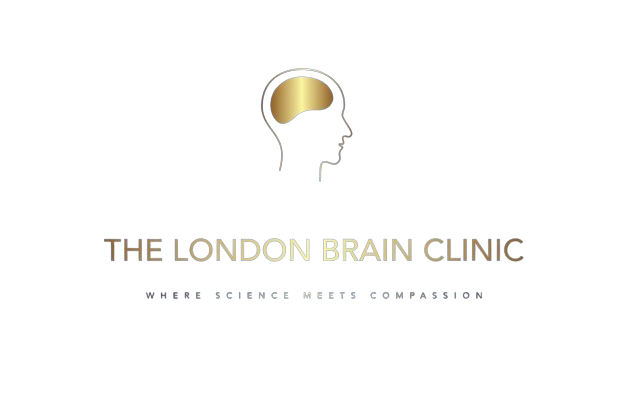Parkinson’s disease (PD) not only affects motor functions but also brings along a host of neuropsychiatric symptoms, including anxiety and depression. Unfortunately, treating these symptoms remains a significant challenge due to the lack of evidence-based guidelines and the limited efficacy of conventional medications. While cognitive-behavioral therapy has shown promise for depression in PD, there is a gap in non-pharmacological treatments for anxiety disorders.
A study conducted by Dr Makovac and Dr Ricciardi, and colleagues from Italian institutions, have shown that Compassionate Mind Training (CMT) – a psychological intervention inspired by Compassion Focused Therapy- can be effective in alleviating anxiety and improving quality of life in people with Parkinson. CMT combines mindfulness practices with compassion techniques to alleviate stress and enhance overall well-being. This approach recognises self-compassion as a core element, emphasizing kindness, common humanity, and mindful awareness during difficult times.
But how does CMT work, and why might it be effective for individuals with PD? Let’s delve into the theory behind it. CMT operates on the premise of three emotional systems: the threat and self-protection system, the drive and excitement system, and the contentment and social safeness system. By cultivating a compassionate mind that encompasses compassion toward oneself and others, CMT aims to activate the contentment and social safeness system, promoting feelings of calm, contentment, and connection.
Previous research has shown that CMT can improve well-being across various populations and medical conditions. Moreover, self-compassion may act as a protective factor against psychological distress in people with PD, suggesting a potential benefit of CMT in this population.
Recent studies have also demonstrated that CMT can activate the soothing affect system, influencing heart rate variability (HRV). HRV, a marker of autonomic nervous system function, has been associated with fluctuations in mood and anxiety. A reduction in HRV is often observed during emotional or mental stress, making it a potential biomarker of anxiety.
Dr Makovac and Dr Ricciardi’s investigations run in collaboration with their colleagues from ParkinZone Onlus charity, shows that CMT holds promise as a novel intervention for managing neuropsychiatric symptoms in Parkinson’s disease. By integrating mindfulness and compassion practices, CMT offers a holistic approach to enhancing well-being and quality of life for individuals living with PD.

